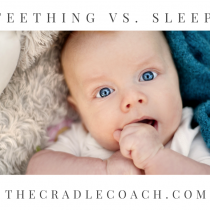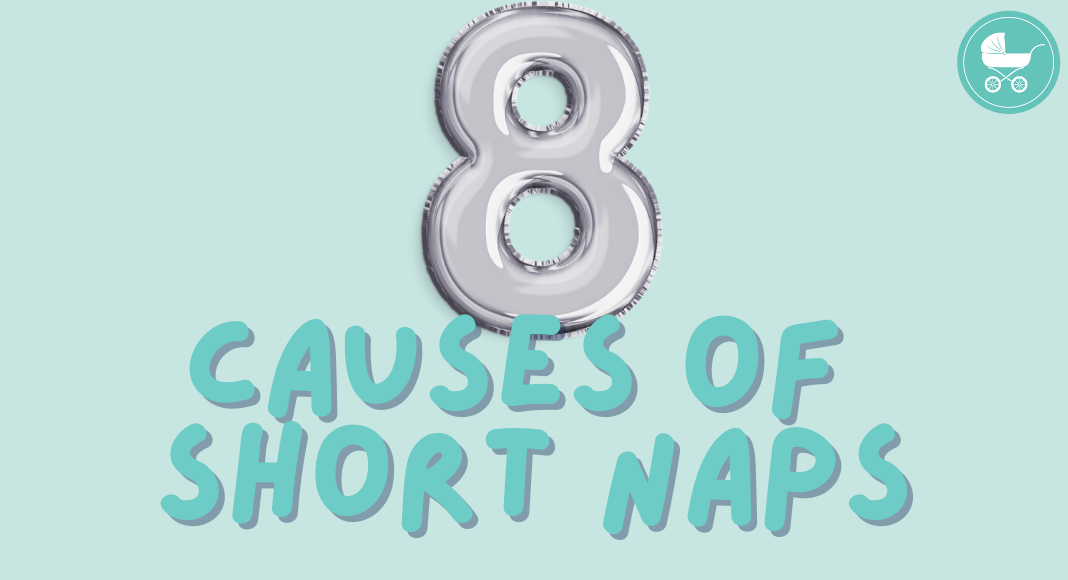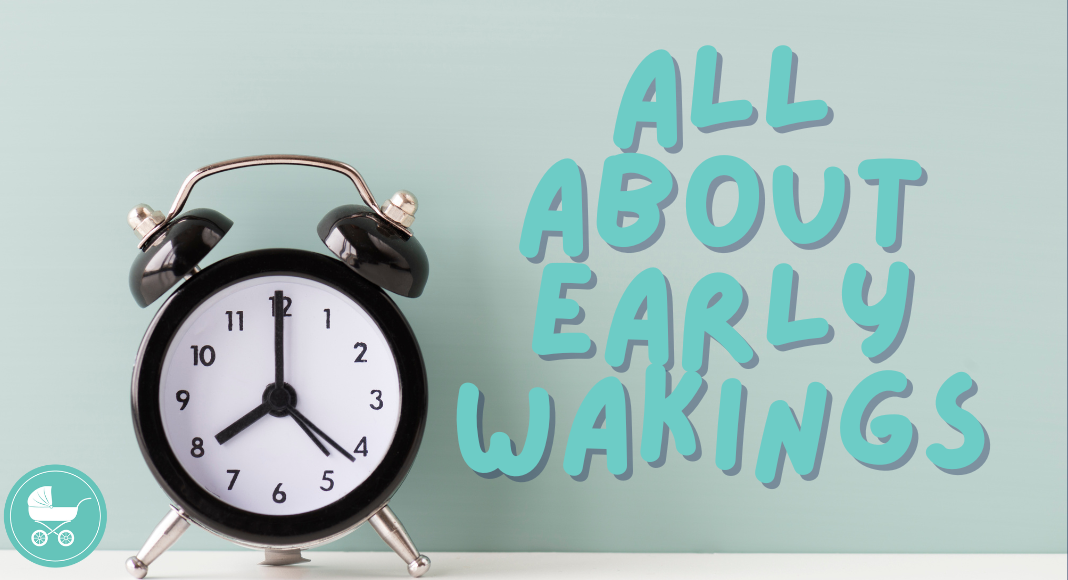
March 16, 2016
When you’re a new parent, there are certain milestones you really look forward to. The first time your baby sleeps through the night is surly one of them! But there are other milestones that, while exciting, are not necessarily enjoyable. Teething is one of them, and it can have a huge impact on your baby […]
Teething and Your Baby’s Sleep

When you’re a new parent, there are certain milestones you really look forward to. The first time your baby sleeps through the night is surly one of them! But there are other milestones that, while exciting, are not necessarily enjoyable. Teething is one of them, and it can have a huge impact on your baby or toddler’s sleep. Here’s the skinny how you can help your baby rest a little easier while he or she teethes!
Teething: The Basics
Most babies get their first teeth around 6 months of age, but some start teething as early as 3 months and as late as 14 months old. Toddlers usually earn their last teeth (for a long while, at least) when their two-year molars make an appearance; those can pop through anytime between 22 months and 34 months old.
A sudden increase in fussiness accompanied by gnawing, drooling, and biting are sure signs that your infant or toddler has some new teeth coming. And if your little one is irritable during the day, you can bet your night is going to be rough, too. If you’re nursing, your baby might wake more because she might find it soothing to her swollen gums.
While it can take several weeks for a tooth to pop through, the good news is that the most painful part of teething – when the teeth are cutting through the gums – usually only lasts a few days.
Teething and Sleep
If you suspect your baby is teething and are comfortable with giving her pain relievers like Acetaminophen or Ibuprofen, ask her pediatrician if he or she recommends using those medications for nighttime pain relief. And, most importantly, keep track of how often you are administering the medication. (Here’s a tip: use your smart phone to make a note as soon as you give your baby a dose of medication.) Most pediatricians will suggest giving a baby a dose of pain reliever at bedtime followed by a dose in the middle of the night if necessary.
Many of our customers often ask if they should stop sleep training or revert back to old habits while their babies are teething. The answer is ‘no!’ While it’s important to soothe your infant or toddler while they’re teething, it’s equally important to not revert back to old habits or create new ones, such as holding, rocking, or nursing to sleep. So, instead of using those common sleep crutches, do the best you can to soothe your baby while they’re awake in their crib.
Remember: if you think you need a little more guidance during this challenging time, we’re here to help! Our team can offer expert advice and personalized plans to help everyone in your home rest easy, so schedule a free consultation call today!
Get instant access to our free sleep class for children from newborn to 5 years old. You will learn how to get your child to sleep independently -- and all through the night!
Get Your Child To Sleep All Night Long in as Little as 7 Days!
join the free class
THE CLASS


